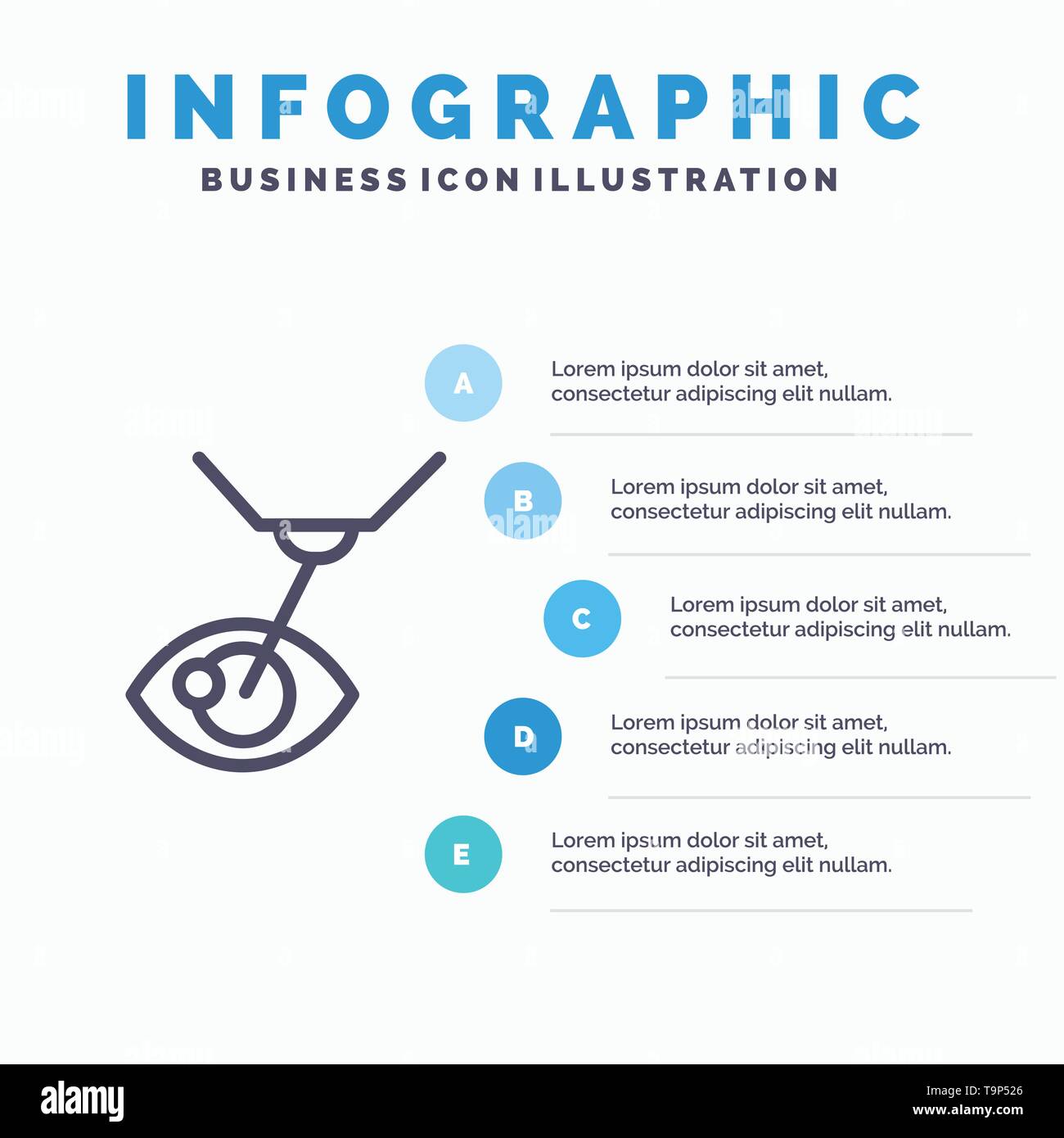Content Writer-Diaz Thestrup
If you're considering SMILE eye surgery, consider this: are you prepared to welcome possible visual liberty, or does the idea of any kind of risks make you wait? Your decision will certainly rest on a careful balance of evaluating the benefits versus the uncertainties. It's important to dig deeper into the nuances of SMILE surgical treatment to make an informed choice that aligns with your aesthetic objectives.
Comprehending SMILE Eye Surgical Treatment
When taking into consideration SMILE Eye Surgical procedure, it is necessary to understand the procedure and its advantages. SMILE, which means Small Laceration Lenticule Extraction, is a minimally invasive laser eye surgery that fixes usual vision issues like nearsightedness (nearsightedness).
During the treatment, your eye surgeon will utilize a femtosecond laser to produce a little incision in your cornea. Via this laceration, a tiny disc of tissue called a lenticule is gotten rid of, reshaping the cornea and remedying your vision.
Among the key advantages of SMILE Eye Surgery is its quick healing time. Lots of clients experience boosted vision within a day or two after the treatment, with very little pain.
Furthermore, SMILE is understood for its high success price in supplying long-term vision improvement. Unlike LASIK, SMILE doesn't require the production of a flap in the cornea, decreasing the danger of difficulties and allowing for a much more stable corneal framework post-surgery.
Understanding the treatment and its advantages is important when taking into consideration SMILE Eye Surgery for vision adjustment.
Advantages and disadvantages of SMILE
Thinking About SMILE Eye Surgical treatment for vision improvement features numerous advantages and potential drawbacks.
Among the major pros of SMILE is its minimally invasive nature, as it includes a tiny incision and commonly leads to quick recovery times. The procedure is additionally recognized for triggering very little discomfort and completely dry eye signs post-surgery compared to various other vision correction methods. In addition, SMILE has actually been revealed to supply superb aesthetic results, with many individuals attaining 20/20 vision or far better.
On the other hand, a possible disadvantage of SMILE is that it may not be suitable for people with extreme refractive mistakes, as the therapy range is somewhat minimal contrasted to LASIK. One more factor to consider is that the knowing contour for doctors applying SMILE can affect the accessibility of experienced companies in certain areas.
It's important to consider these advantages and disadvantages meticulously when choosing if SMILE is the ideal selection for your vision correction needs.
Establishing Qualification for SMILE
To figure out if you're eligible for SMILE eye surgical procedure, your eye doctor will certainly carry out a complete assessment of your eye wellness and vision needs. During this examination, elements such as the security of your vision prescription, the density of your cornea, and the total health of your eyes will certainly be evaluated.
Normally, prospects for SMILE are over 22 years of ages, have a steady vision prescription for at least a year, and have healthy corneas without problems like keratoconus.
Your optometrist will likewise consider your overall eye wellness, any kind of existing eye conditions, and your lifestyle needs to figure out if SMILE is the best selection for you. It's necessary to connect any type of particular visual demands or concerns you might have during this analysis to make sure that the therapy lines up with your expectations.
If you aren't qualified for SMILE, your eye doctor might recommend alternative vision correction alternatives that much better suit your private needs and eye health standing.
Conclusion
Ultimately, making a decision whether SMILE eye surgery is right for you requires mindful factor to consider of your private eye health and aesthetic demands. Speak with your eye doctor to determine your qualification for the procedure and weigh the potential advantages and downsides. Keep in mind to communicate any type of concerns or inquiries you might have during the evaluation process to make an educated decision regarding your vision correction options.

